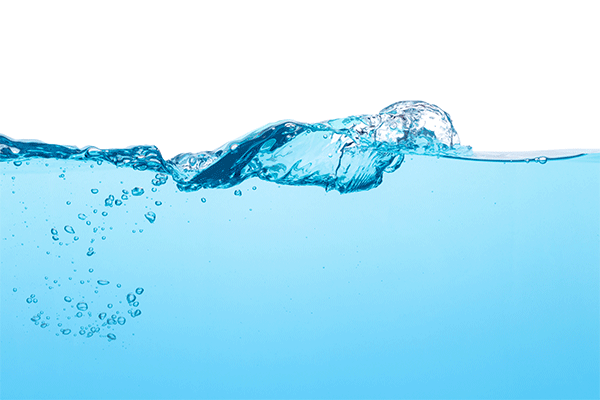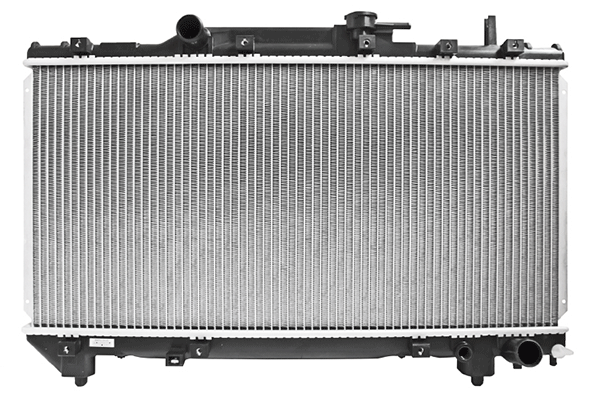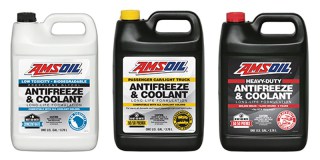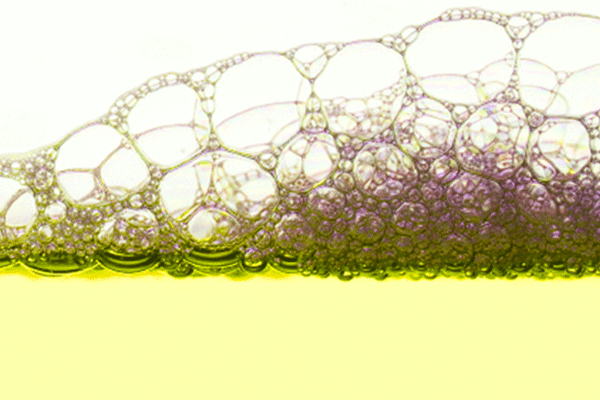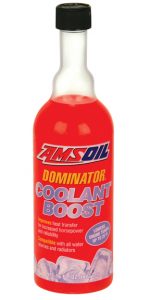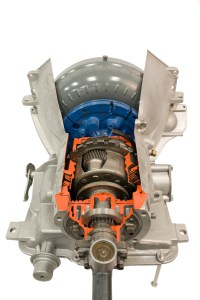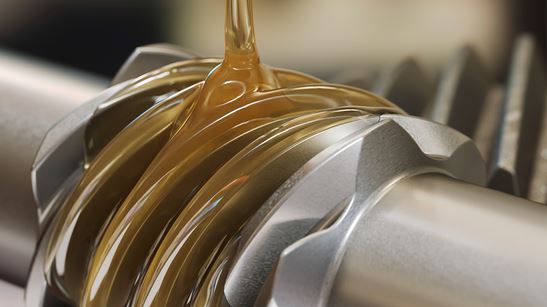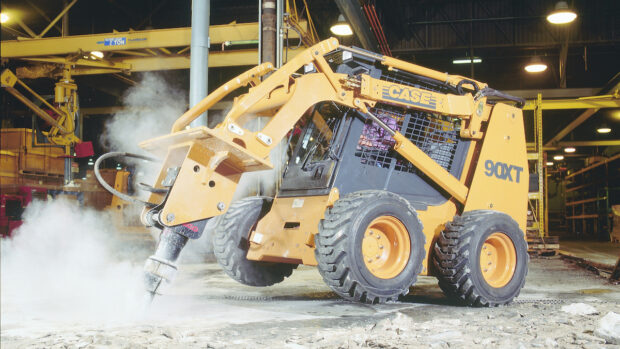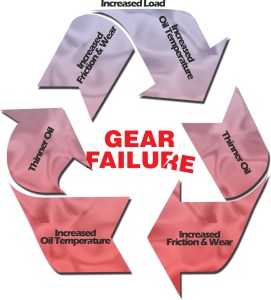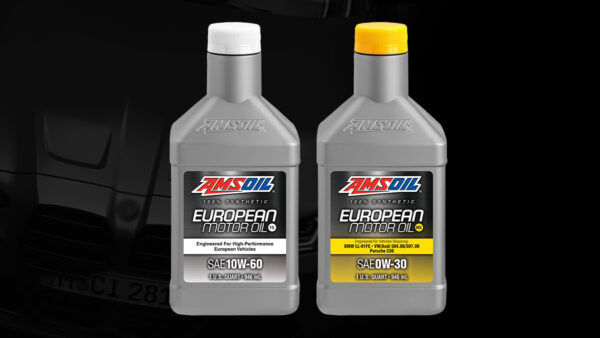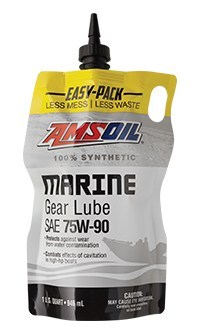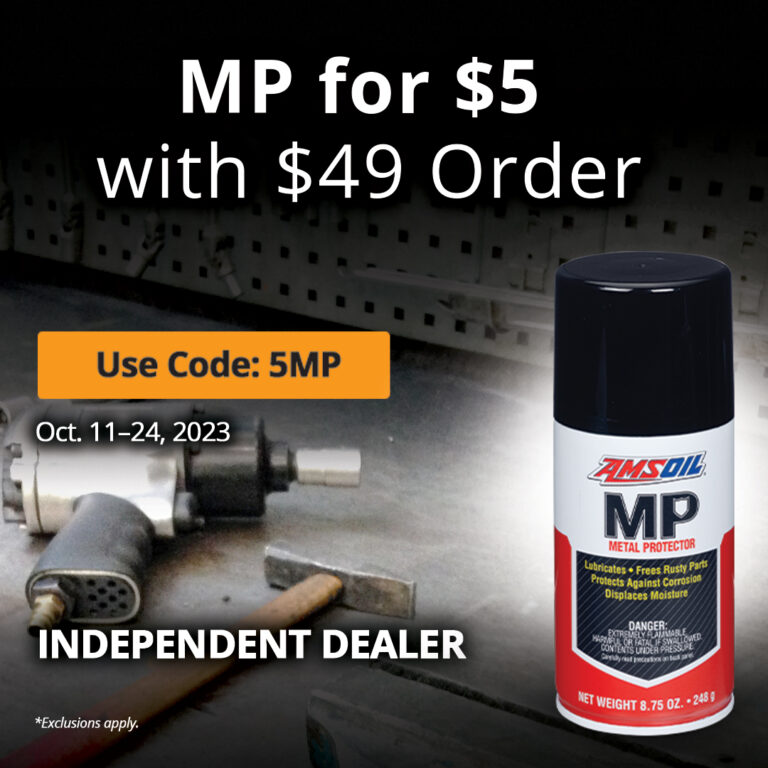Do Coolant Additives Work?
Store shelves contain several coolant additives that promise to reduce engine heat, control overheating and fight corrosion.
Do coolant additives work? And, if so, are they necessary?
It’s tough to top good ‘ol H2O
First of all, why use coolant additives in the first place?
Straight water is the best coolant one could use. It absorbs and transfers heat better than any other liquid. So, why not just pour purified water into your coolant system and call it done?
The answer is obvious for those of us who drive in snow six months a year and those of you who face triple-digit temperatures all summer.
Water freezes at 32°F (0°C) and boils at 212°F (100°C).
Clearly, coolant formulators must add something to antifreeze & coolant to expand its application to areas where the weather isn’t perfect 365 days per year. Otherwise your engine would freeze in winter and your cooling system would overheat in summer.
Corrosion control
Not only that, but water corrodes metal.
Running straight water in your vehicle’s cooling system would eventually lead to scale buildup that would plug the heater core and ruin the system.
It can also hasten corrosion in aluminum components, like radiators and cylinder heads, at an alarming rate. Corrosion can eat through an aluminum radiator until coolant leaks on the ground.
At the very least, drivers in the perfect climate still need to add corrosion inhibitors to straight water to properly cool an engine.
In fact, many racers do this with good results; racetracks typically don’t allow antifreeze & coolant since leaks are difficult to clean up and make the track slippery.
A good antifreeze & coolant hits the mark
A high-quality antifreeze & coolant contains the chemistry needed to deliver protection against freezing, boil-over and corrosion.
A word of caution, however: Avoid the conventional “green” coolants readily found at parts stores and other retailers.
They contain inorganic salts (phosphate, nitrate, nitrite, silicate, borate, amine), which are responsible for almost all cooling-system scaling problems.
Plus, they deplete quickly, often in two years or less, and can lead to sludge or slime in your radiator, which clog passages and create all sorts of problems.
AMSOIL antifreeze/coolants, on the other hand, deliver durable, long-lasting cooling-system protection.
So, why use coolant additives?
If a good antifreeze & coolant works so well, why bother with coolant additives that promise reduced engine temperatures and added corrosion resistance?
Because racers, competitors and enthusiasts want every advantage they can get to enhance engine performance. And a good coolant additive can provide that edge.
Reduced engine temperatures
An engine has a temperature “sweet spot” in which it produces maximum power and efficiency. Excessive heat reduces efficiency. It can cause metal parts to expand too much and contact each other, causing wear.
Competitors have a big incentive to tame extreme engine temperatures to protect their expensive engines and maximize their chances to win.
A good coolant additive can help by reducing the surface tension of water and allowing it to more efficiently absorb and transfer heat from the engine.
What are surfactants?
Coolant additives use chemicals called surfactants.
When water is agitated or heated, surface tension holds bubbles together before they burst. Since bubbles are filled with air, they reduce the water’s heat-transfer ability.
Imagine thousands of bubbles in the coolant passages of your engine as it runs. Eliminating these bubbles will allow the water to more closely contact metal, increasing its ability to absorb heat, thereby reducing operating temperatures and increasing efficiency.
Surfactants reduce the water and antifreeze’s surface tension so it can more effectively absorb and transfer heat from the engine.
Many leading coolant additives, however, contain only one surfactant, limiting their temperature ranges and effectiveness.
AMSOIL DOMINATOR Coolant Boost uses three surfactants, each designed to operate in a different temperature range to increase liquid-to-metal contact from the time the vehicle starts to the time it reaches operating temperature.
As a result, it reduces engine temperatures up to 25°F (14ºC) in straight-water applications.
This helps racers and competitors achieve maximum efficiency and horsepower.
Faster engine warm up
More efficiently transferring engine heat also helps DOMINATOR Coolant Boost warm the engine up to 54% faster.
Racers appreciate this since they waste less fuel warming their engines.
Motorists in cold climates like it because it boosts driver comfort on cold mornings.
Improved corrosion resistance
DOMINATOR Coolant Boost also delivers outstanding corrosion protection. In industry standard testing, it limited corrosion to the six metals most commonly found in cooling systems (copper, solder, brass, steel, cast iron and cast aluminum), easily passing both tests.


